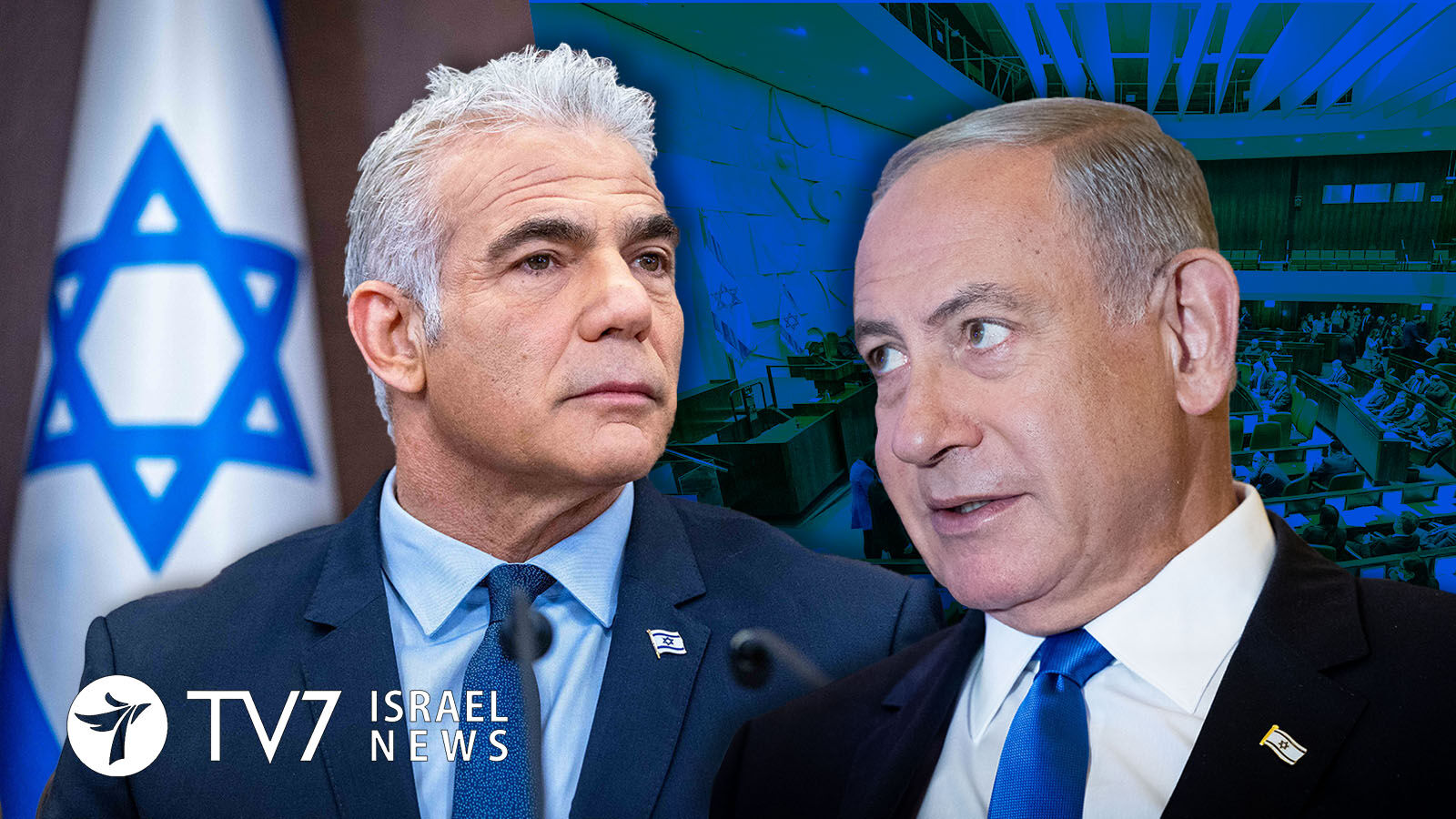Political parties have submitted final lists of candidates for the unprecedented fifth national polling in four years.
By Erin Viner
Voters will head to the ballot boxes yet again on 1 November after the Knesset voted to dissolve itself last June.
The country has endured four inconclusive elections since 2019 with only two short-lived coalition governments, and passage of just one state budget after a three-and-a-half year stalemate.
Leaders of the last government, Naftali Bennett and Yair Lapid announced a joint decision to dissolve the 24th Knesset and hold early elections. Bennett then stepped aside for Lapid to assume the premiership. The fragile eight-party coalition consisted of far-right, liberal, centrist and Israeli-Arab parties.
Members of Israel’s 35th government were deeply divided on matters ranging from religion to the Palestinian conflict, and had faced growing pressures as its slight parliamentary majority dwindled due to defections.
At the time of its dissolution, the Bennett-Lapid coalition had been in office just over a year, having ended Opposition Leader Benjamin Netanyahu‘s record 12-years as premier.
“Israel has been in political crisis mode since 2019. This has deep implications for policymaking across the board. The country is paying a price,” said Israel Democracy Institute President Yohanan Plesner, while noting long-needed economic, education and transportation reforms to help lower soaring living costs and expand the nation’s work force.
Public opinion polls so far indicate a repeat of the political deadlock between Netanyahu and his bitter rivals, with neither camp winning an outright majority in the 120-seat Knesset.
Netanyahu, who held power consecutively from 2009 to 2021, has pledged to form a “strong, stable and national” government he said would “quash terrorism, restore national pride and reduce living costs.”
But while his Likud party is likely to be the largest in parliament, public opinion surveys show that his bloc of right-wing and ultra-religious parties may still far short of a commanding majority by some one to four mandates. Centrist Prime Minister Yair Lapid is leading a far more fragmented camp spanning the political spectrum from left to right, and likely to garner even less votes.
“Unfortunately, a slide into a sixth election campaign after the fifth is not inconceivable. It’s not science fiction,” Plesner commented.
